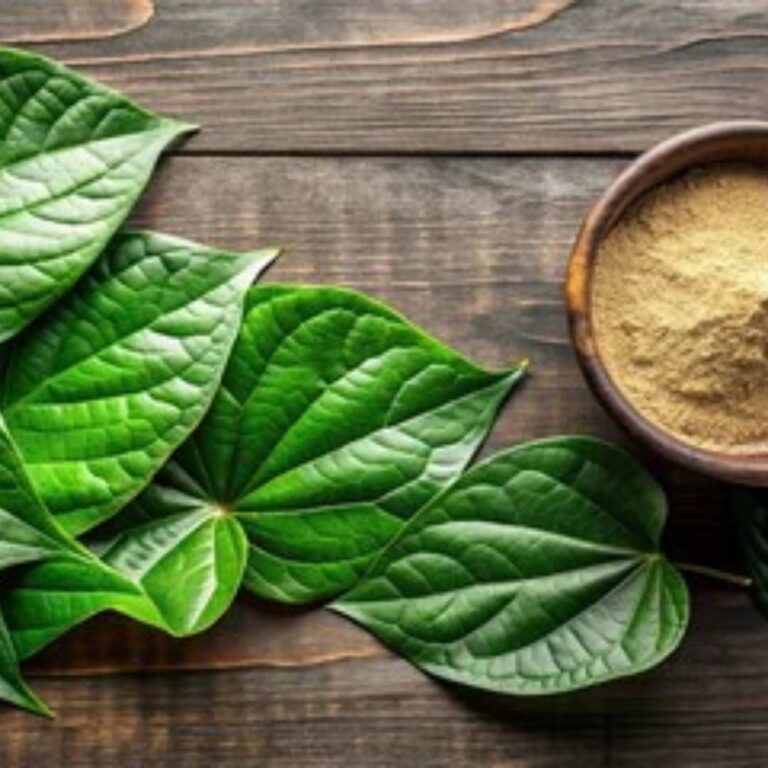The United States maintains complex laws about Kratom that produce diverse local and statewide constraints throughout various jurisdictions. Consumers and vendors struggle to comprehend the multiple laws that govern their kratom usage.
In this blog, we’ll talk about restricted kratom locations and provide answers to questions about kratom shipment restrictions by showing which states prohibit the product, together with their legislative motivations, followed by legal methods to obtain kratom in controlled regions.
Understanding Kratom’s Legal Landscape
Kratom (Mitragyna speciosa) remains legal at the federal level in the U.S., but several states, cities, and counties have imposed restrictions. These laws fall into three main categories:
- Fully Banned: Kratom is illegal for purchase, possession, and shipment.
- Age-Restricted: Only available to adults (typically 18+ or 21+).
- Regulated (KCPA States): Legal under the Kratom Consumer Protection Act, which sets quality and labeling standards.
Why Are There Shipping Restrictions?
- State & Local Legislation: Some governments classify kratom as a controlled substance.
- Vendor Policies: Reputable sellers comply with laws to avoid legal repercussions.
- Payment Processor Limitations: Some financial institutions restrict kratom transactions in banned areas.
List of Restricted Kratom Shipping Locations
Below is a breakdown of where kratom is currently banned or restricted in the U.S. and internationally.
Which Locations Have Restricted Kratom Sales?
- Alabama
- Arkansas
- Indiana
- Rhode Island
- Vermont
- Wisconsin
Certain cities and counties have also restricted kratom sales and shipping, including (but not limited to):
- California: Jurupa Valley, Newport Beach, Oceanside, San Diego.
- Colorado: Greenwood Village, Monument, Parker, Denver.
- Florida: Sarasota County.
- Illinois: Alton, Antioch, Bartonville, Berkeley, Carol Stream, Central City, Cook, Cottage Hills, Des Plaines, East Alton, Edwardsville, Elk Grove, Fulton, Glen Carbon, Godfrey, Granite City, Highland Park, Jerseyville, Lake Zurich, Lockport**, Maryville, Orland Park, Rolling Meadows, Tinley Park, Troy.
- Louisiana: Acme, Akers, Alexandria, Amite, Ball, Bernice, Boyce, Brittany, Burnside, Calhoun, Claiborne, Clayton, Darrow, Deville, Donaldsonville, Downsville, Duplessis, Echo, Elmer, Farmerville, Ferriday, Flatwoods, Fluker, Forest Hill, Gardner, Glenmora, Gonzales, Hammond, Hineston, Husser, Independence, Jena, Kentwood, Lecompte, Lena, Libuse, Lillie, Linville, Livingston, Longleaf, Loranger, Marion, Monroe, Monterey, Mora, Natalbany, Olla, Otis, Pineville, Ponchatoula, Prairieville, Robert, Roseland, Ruby, Sieper, Sorrento, Spearsville, Sterlington, Swartz, Tangipahoa, Tickfaw, Tioga, Trout, Tullos, Urania, Vidalia, Walker, West Monroe, Wildsville, Woodworth, Zachary City.
- Massachusetts: Lowell.
- Mississippi: Aberdeen, Amory, Batesville, Becker, Belmont, Big Creek, Blue Mountain, Blue Springs, Booneville, Brandon, Brooksville, Bruce, Burnsville, Caledonia, Calhoun City, Columbus, Corinth, Dennis, Derma, Dumas, Etta, Falkner, Florence, Flowood, Fulton, Gattman, Glen, Golden, Greenwood Springs, Guntown, Hamilton, Iuka, Jackson, Laurel, Macon, Mantachie, Marietta, Myrtle, Nettleton, New Albany, New Site, Okolona, Oxford, Pearl, Pelahatchie, Piney Woods, Pittsboro, Pontotoc, Prairie, Puckett, Richland, Rienzi, Ripley, Saltillo, Sandhill, Senatobia, Shuqualak, Slate Spring, Smithville, Star, Tiplersville, Tishomingo, Tremont, Vardaman, Walnut, Wheeler, Whitefield.
- New Hampshire: Salisbury and Franklin.
- Oregon: Hines.
- Texas: Angelton, Anna, Baytown, Manvel.
Countries Where Kratom Is Restricted
- Australia: Prescription-only.
- Denmark: Controlled substance.
- Israel: Requires a license.
- Japan: Strictly prohibited.
- Latvia: Illegal.
- Lithuania: Banned.
- Poland: Controlled substance.
- Sweden: Classified as a narcotic.
- Thailand: Legalized in 2021 but heavily regulated.
- United Kingdom: Illegal under the Psychoactive Substances Act.
Why Kratom Can’t Be Shipped to Certain Locations
The restrictions governing Kratom delivery have their basis in laws that exist at various local, state, federal, and international levels. The availability of kratom shipping depends on current laws, which prevent the distribution of this substance in a particular area.
Struggling to meet current regulations will help businesses operate better and improve kratom acceptance across the market in future years.
People who support kratom access through legal means need to observe current law requirements, even though those laws might be under review.
As legislation changes, availability may expand to include more regions in the future.
Why Is Kratom Restricted in Some Areas?
The legal regulations about kratom differ significantly from state to state. States across the nation have implemented laws that require manufacturers to meet safety standards for kratom products and product labels, and sales practices.
Some states, together with local municipalities, have written legislation to outlaw the distribution and ownership, and shipment of kratom products.
Different areas maintain laws regarding kratom coverage, which stem from either new or old perceptions of kratom effects and regional policy controls and regulatory considerations.
A substantial number of these bans emerged during the FDA-backed state-level restrictions from more than ten years ago, despite lacking a sound scientific foundation.
Recent Progress in Overturning Kratom Restrictions Across the U.S.
Most states that originally banned kratom began working to reverse their kratom prohibition laws. Too many jurisdictions are currently suspended in their regulatory positions that control kratom access.
Vermont stands as a positive example of progress, but the process to remove kratom’s active alkaloids from the Regulated Drug Rule takes time despite its recent regulatory advancement.
How to Get Kratom Shipped to Your Location (Legally)
If you live in a restricted area, you still have a few options:
1. Check for Legal Alternatives
- KCPA-Compliant States: Some vendors ship to states with regulations (e.g., Utah, Georgia).
- Nearby Cities/Counties: If your local area bans kratom, a neighboring jurisdiction may allow it.
2. Use a Mail Forwarding Service (For International Buyers)
- Some customers use package forwarding companies in legal U.S. states.
- Customs may seize prohibited shipments.
3. Advocate for Legalization
- Support organizations like the American Kratom Association (AKA) pushing for fair kratom laws.
- Contact local representatives to voice concerns about bans.
4. Verify Vendor Policies
- Many reputable vendors (like Top Tree Herbs) list restricted locations at checkout.
- Always confirm before ordering to avoid confiscated packages.
Why Do Vendors Restrict Shipping?
Even in places where kratom is technically legal, some vendors may still limit shipments due to:
- Banking Restrictions: Payment processors may block kratom sales in high-risk states.
- Legal Liability: Vendors avoid fines or shutdowns by complying with ambiguous laws.
- Customer Safety: Reputable sellers won’t ship where possession could lead to legal trouble.
Final Thoughts
The understanding of legal zones involving kratom requires effort, but allows users to purchase kratom products in a protected manner.
U.S. federal law allows kratom distribution, but state and local jurisdictions create prohibitions that force purchasers to verify sale restrictions in their location.
The protection of vendors and their clients occurs through reputable sellers who explicitly display shipping restrictions that guard against both business and legal hazards.
The people who reside in restricted zones can consider purchasing from neighboring areas or participating in advocacy work to find alternatives to kratom access, though they must always follow legal requirements.
To prevent legal implications, individuals should keep up with changing kratom regulations through personal research.
People who are either consumers or sellers benefit from knowing where kratom distribution is restricted to participate responsibly within the kratom community.
Also, read:





